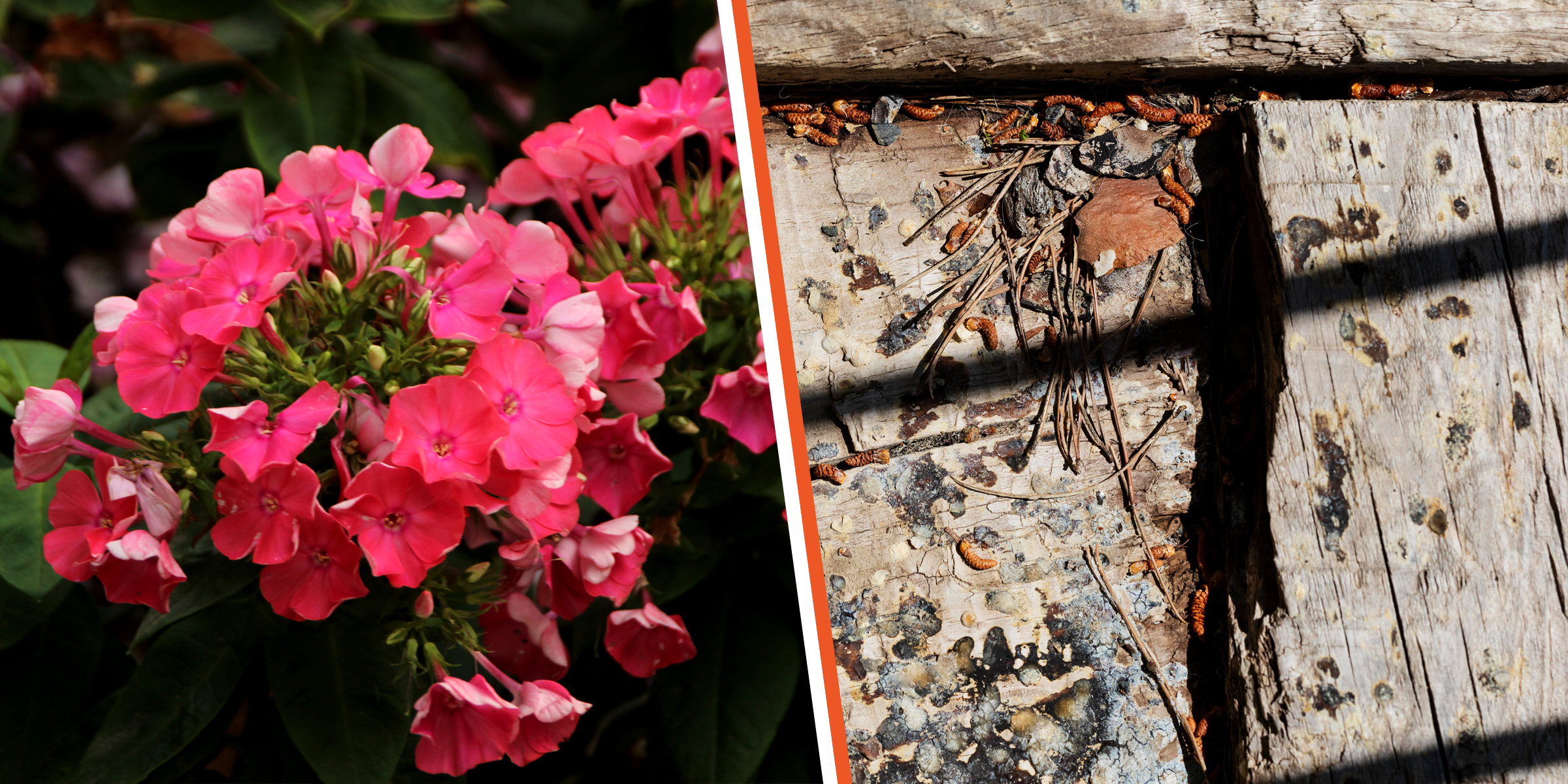
What Smell Do Termites Hate? — A Helpful Guide

The fight against termites has taken many forms, from chemical treatments to physical barriers, but the power of scent offers a more subtle, yet effective, strategy. Let’s explore the smells termites hate for an eco-friendly approach to termite control.
In the quest for a harmonious home, few things disrupt the peace like the silent havoc wreaked by termites. However, while various methods exist to combat these unwelcome guests, an often-overlooked weapon lies within our sensory experience: smell.
Surprisingly, not just humans but even bugs like termites are sensitive to scents. This revelation brings us to an intriguing question: what smell do termites hate? Stay tuned for a guide that promises not just to enlighten but also to empower you in your battle against termites.

Termites crawling on wood | Source: Getty Images
Unearthing the Scents: What Smell Do Termites Hate?
1. Cedarwood
While it’s a misconception that termites are repelled by the smell of cedarwood, the reality is a bit more complex. Cedarwood is less attractive to termites not because of its scent, but due to the allelochemicals it contains.
These chemicals, particularly cedar oil, have shown efficacy in termite treatment. To leverage cedarwood against termites, consider placing cedarwood planks or logs near affected areas.
Over time, as the wood releases its chemical components, applying the extracted oil to the soil can create a barrier that termites are loath to cross.

A cedarwood shaving | Source: Getty Images
2. Essential Oils
Among the arsenal of scents that termites detest, essential oils hold a prominent place. Tea tree oil, along with others like cinnamon and clove bud oil, are particularly effective. The method is simple yet efficient: fill a mist sprayer with these oils diluted in water and target the termite-affected zones.
Tea tree oil stands out for its versatility, doubling as a skin treatment and repellent for various pests, making it a preferred choice for those seeking an all-around solution.

Bottles of essential oils | Source: Getty Images
3. Geranium
Geraniums may not directly repel termites with their scent, but they play a strategic role in the broader battle. By attracting natural termite predators such as ladybugs and spiders, geraniums create an inhospitable environment for termites.
Planting geraniums around your property can serve as a dual-purpose strategy, enhancing your garden's aesthetics while safeguarding it against termites. However, this method might introduce other critters into your space, a small price to pay for a termite-free home.

Geranium flowers | Source: Getty Images
Understanding what smell termites hate is a crucial strategy in your pest control arsenal— from the subtle nuances of cedarwood's allelochemicals, the potent deterrent of essential oils, and the strategic use of geraniums.
Eager to learn more about keeping your home pest-free? Don’t miss our next article on how to get rid of carpet moths for simple, natural solutions that can protect your cherished home textiles from unwanted invaders.